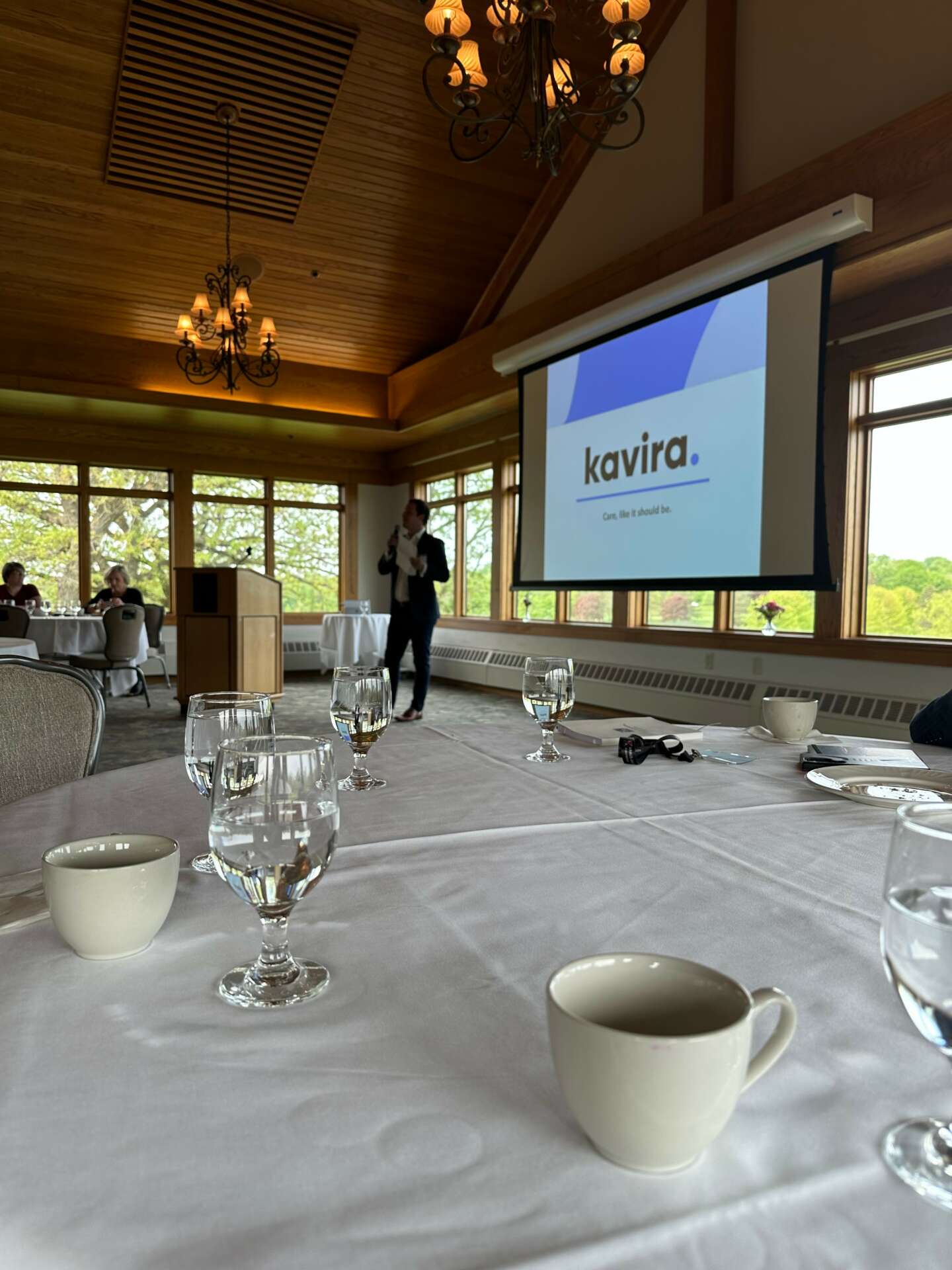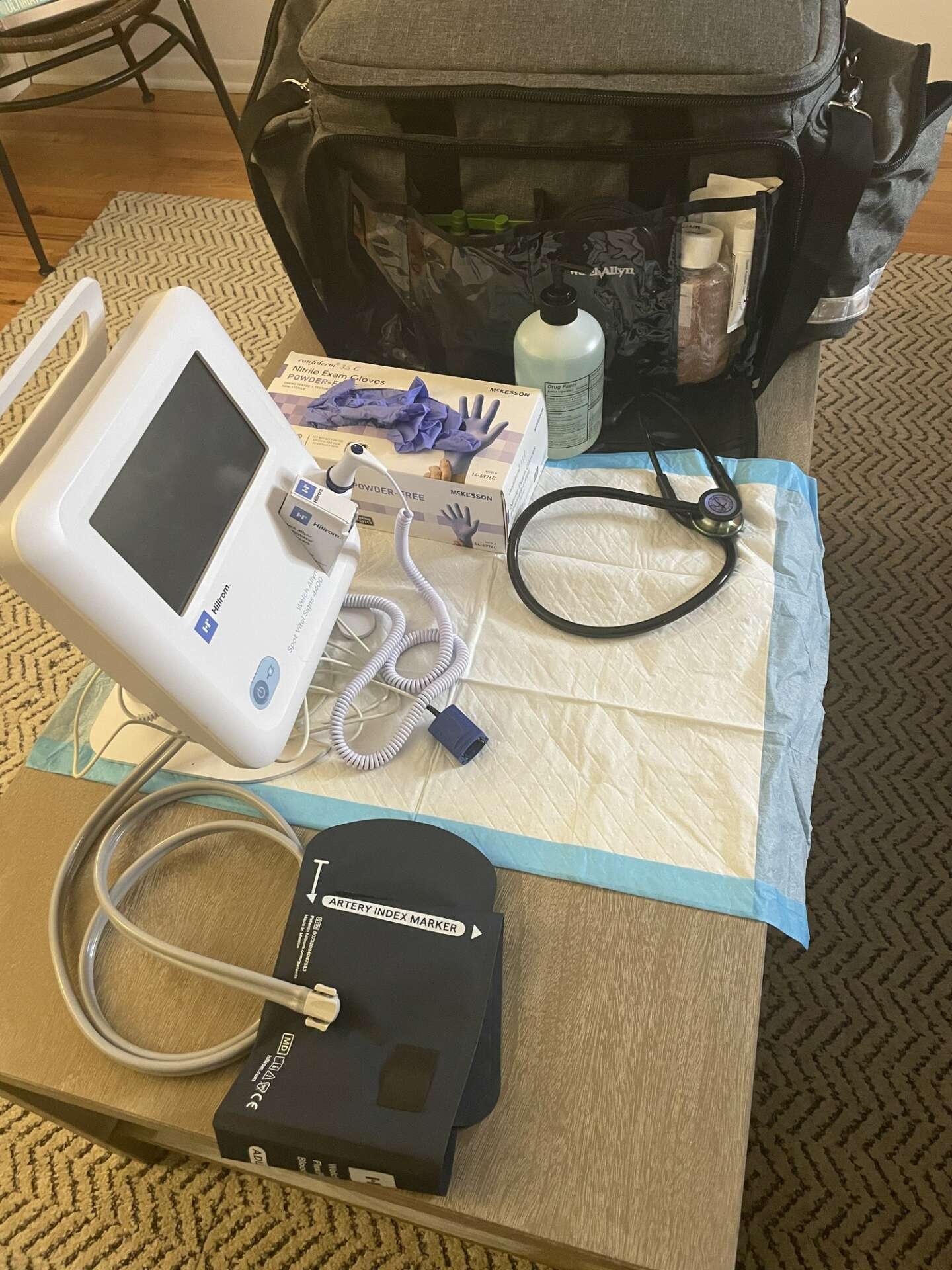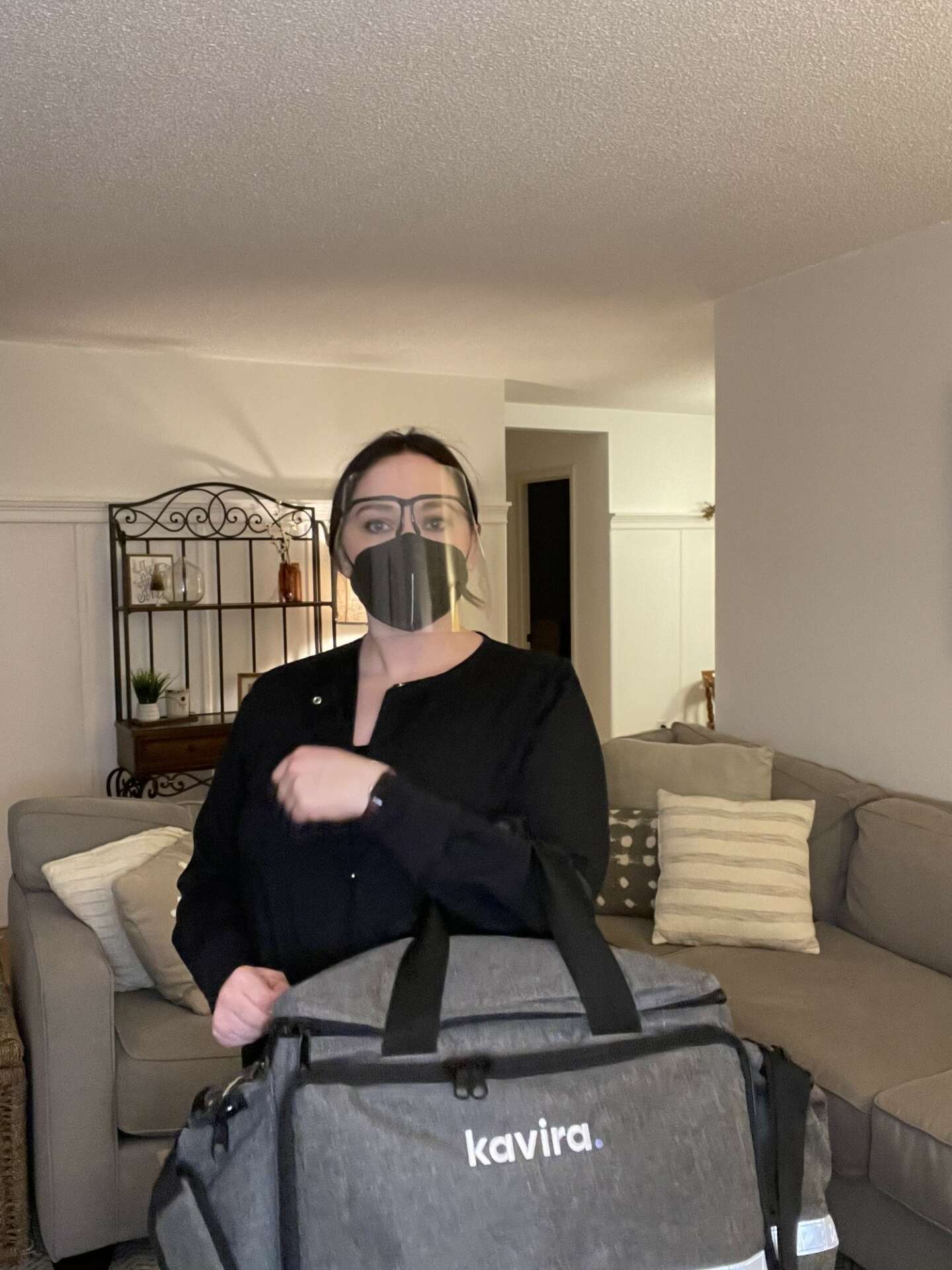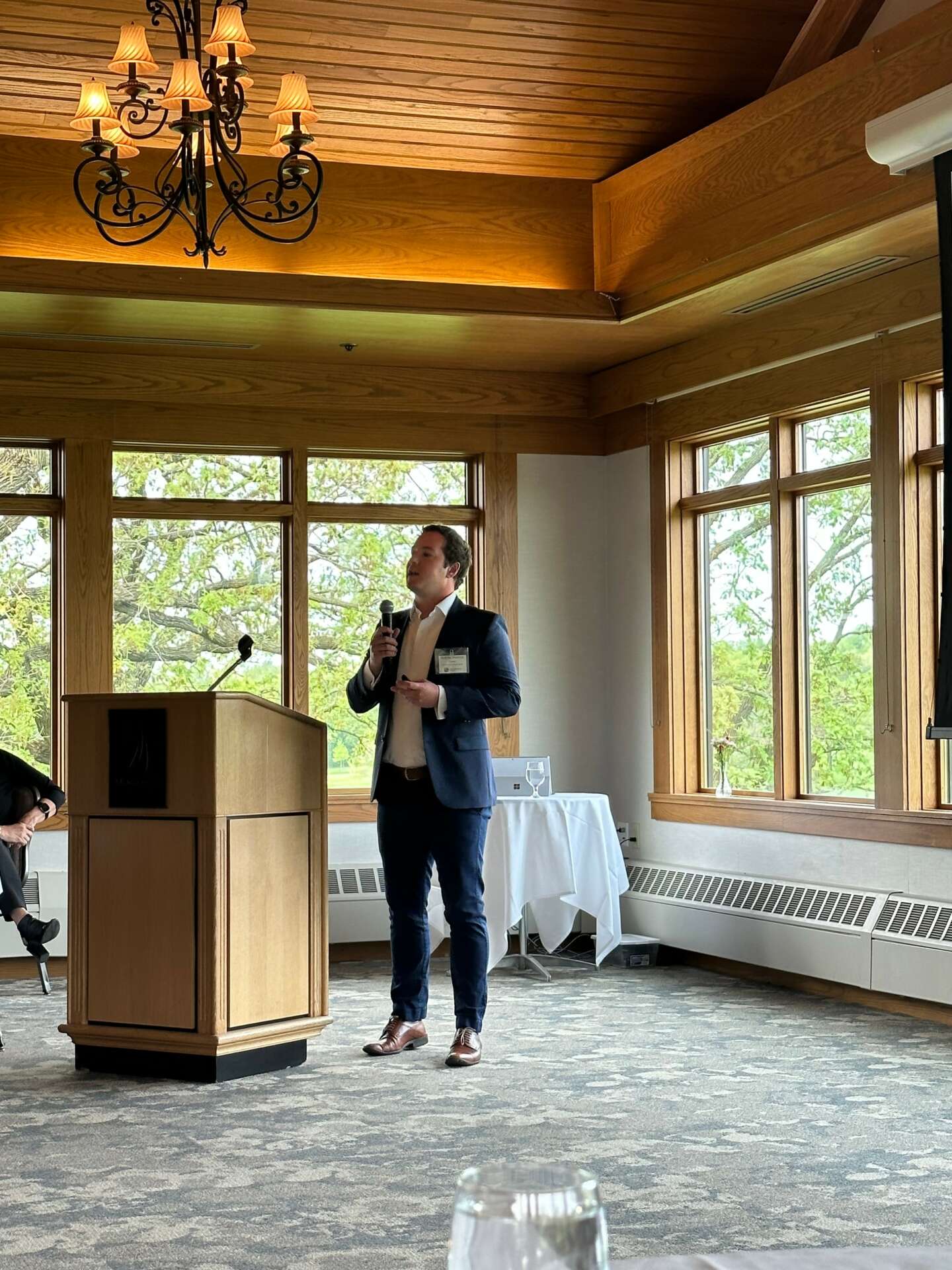We recently connected with Andrew Headrick and have shared our conversation below.
Hi Andrew, thanks for joining us today. If you had a defining moment that you feel really changed the trajectory of your career, we’d love to hear the story and details.
In my opinion, one of the hardest parts of starting a company is knowing when to keep moving forwards, and when to pivot, or close-up shop altogether. In the early days of starting Kavira, I was draining my personal bank account to fund the business. We were struggling. It was difficult to sign up new clients. I hit my low point when two employees called me on my birthday threatening to quit. I almost gave up. I was running out of money, we weren’t growing, and I couldn’t keep my employees happy. It probably wasn’t wise to keep moving forward at that point, but I’m sure glad I did! Things only improved from there.


Andrew, before we move on to more of these sorts of questions, can you take some time to bring our readers up to speed on you and what you do?
I grew up in the Western suburbs of Minneapolis. I grew up in a large family with quadruplet younger siblings, which meant I spent ample time in primary care clinics and waiting rooms during his younger years. I attended Middlebury College in Vermont, where I studied Economics and Chinese. I’ve held various roles professionally, at Medtronic, at a local hedge fund, and most recently at Piper Sandler, an investment bank, where I completed 13 healthcare transactions worth over $4.3B. It was during my time at Piper that I realized just how badly the healthcare system needed to change. I founded Kavira Health in late 2020 in an effort to make everyday healthcare more convenient, more cost-effective, and more accessible to all.
And it’s working! Over the past few years we’ve grown to serve thousands of patients with a 9/10 patient rating, our patients have never paid a copay, nor have our patients ever had to leave their homes to receive care – they actually get to have a nurse practitioner come to their home and deliver care in the living room! And our members have unfettered access to our care team – which means members can message us whenever anything comes up, no matter how big or how small the ailment – ensuring that individuals actually receive the care they need. We have frequent touchpoints with the average member – so we’re really bringing back that provider patient relationship that so many Americans have lost over the past two decades.
At its core, Kavira is a subscription-based primary and urgent care clinic that delivers all care via telehealth, and at-home visits. The subscription is typically paid for by an employer, and then all care is completely free for individuals and their families. And we do a lot to make our members’ lives easier – you can message us whenever you need anything, so it’s kind of like you have a provider in your pocket which really provides some peace of mind. We can get your Rxs delivered same-day to your home. Labs – that’s bloodwork – is typically completely free for our members. It is insanely convenient and couldn’t be more cost-effective.



Do you have any insights you can share related to maintaining high team morale?
First off – I believe culture is incredibly important. I didn’t always believe that to be true. When I first started Kavira Health, I thought we could simply hire competent people and let them run freely. I quickly learned that without any real guidance, employees start marching in different directions, they lose trust in leadership, and the whole organization starts to suffer.
Today, I’m a true believer in Peter Drucker’s quote, “Culture eats strategy for breakfast.” So how do you foster a positive, productive culture?
I believe culture starts in the hiring process. Today, we look to hire employees that are interested in working for a fast-moving startup and are comfortable with change. We look for individuals that believe in our mission of providing the most convenient and affordable everyday healthcare imaginable. We work to hire a team that wants to have positive relationships with colleagues (I recently found out that our clinicians ask job applicants “do you like the idea of hanging out with your colleagues outside of work?”), and we work to hire individuals that like to help others out (because our entire company is geared towards providing better care to patients).
Once hired, you can think of culture through the lens of pathos (emotions), ethos (credibility), and logos (logic). It’s important that people feel safe, respected, needed, heard – appealing to their emotional needs. It’s important for individuals to trust in the leadership – appealing to credibility. And it’s important for employees to believe in the direction of the company – appealing to logic. This rhetorical triangle must be carefully attended to within the company, in order for culture to thrive.
Finally, I believe people want autonomy, they want to be heard, they want to be challenged, they want to be respected. To that end, we ask for constant feedback and communication from our team. Whenever an idea is proposed, we run it through our “four stakeholders” framework. The four stakeholders in our case are: our clients (employers), our members (our clients’ employees), our employees (our internal team), and the company (essentially revenue and profitability). As long as all four stakeholders are either neutrally or positively impacted from a proposed change, then the change is implemented. If some stakeholders are negatively impacted, then we spend time further evaluating how to make system improvements.
When taken together, we’ve been able to build a team that is happy and productive. Employees now believe in our mission, and we’re all marching in the same direction. Employee trust and organizational resiliency is now at an all-time high.
How’d you build such a strong reputation within your market?
Since day one, we’ve had an intense focus on creating a better provider-patient experience. Our mission – providing the most convenient and affordable everyday healthcare imaginable, is at the forefront of everything we do. We have not always been perfect – in fact, we don’t even strive for perfection. Our goal is, and always has been, to try something, evaluate its effectiveness, then improve on it. I think this combination – having a laser focus on provider-patient experience, while continually improving, has gained us a lot of trust and support from distributors and clients. As we’ve progressed, the business, and our credibility, has built on itself. Client referrals, good patient experiences, and the overall success of the business seems to beget further growth.
Contact Info:
- Website: https://kavirahealth.com/
- Instagram: https://www.instagram.com/kavira.health/?hl=en
- Linkedin: https://www.linkedin.com/company/kavira-health


